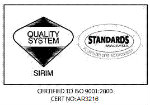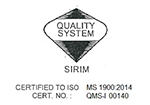Healthcare Ethics And Religion
Ethics, as a branch of philosophy, is the discipline that serves to differentiate between right and wrong conduct. Its application relates to different aspects of daily life and acts as mechanism of judging whether an act is acceptable or not. In medicine, medical ethics is supposed to enable us to differentiate good healthcare practice from a bad one as well as to evaluate the merits and incongruity of medical procedures, such as in resolving issues pertaining to the action of foregoing the life support for terminally-ill patients.
As time passes by, medical ethics becomes more complex. It is no longer enough for physicians to simply treat patients as they would wish to be treated. Due to this, a certain ethical standard is required to guide healthcare service to serve patients in the most ethical manner. For example, a universal method was developed by Beauchamp and Childress, two eminent American ethicists known as the “four principles” approach. These four principles are utilised to keep medical acts ethical which are: respect for autonomy, beneficence, non-maleficence and justice.
The first principle “respect for autonomy” is the moral obligation for medical practitioners to respect the autonomy of patients. It is a powerful principle in medical ethics and in line with the growing acceptance of human rights. In healthcare, it requires the healthcare worker to consult the patient and obtain his consent before any treatment is given. In practice, it relates to respecting patients’ choice on how they wish to be treated and respecting the confidentiality of the doctor-patient communication. The principle of beneficence refers to the act of doing good for the benefit of the patient while the principle of non-maleficence is to avoid doing harm if one cannot do good. Lastly, the principle of justice implies fairness in treating all who require medical assistance especially in adjudicating competing claims.
This “four principles” approach is widely referred by medical practitioners when dealing with ethical issues in healthcare. It can be used as a general guideline for medical practitioners. However, bringing this approach into local practice is challenging due to different cultural beliefs of certain communities. Malaysia in this instance, is inhabited by people from many cultural and religious backgrounds. Therefore, certain cultures and beliefs may have different interpretations on the four key principles and result in different practices.
For example, the Muslim community has their own ethical principles that serve as guidelines in dealing with worldly matters including medicine. Such guidelines are provided by Islamic sources such as the Quran, prophetic traditions and other principles of Islamic jurisprudence such as maqasid al-shar’iyyah (higher objectives of Islamic Law) and qawa’id al-fiqhiyyah (Islamic legal maxim).
With regard to religious interpretation, the Islamic interpretation of the four key principles may differ slightly. In respecting patient’s autonomy, for example, even though Islam acknowledges it as a general concept in healthcare, its practice may differ from what is usually practised by adherents of other religions and ideologies.
In Islam, not only is personal autonomy or freedom not absolute but it must also reflect one’s responsibility towards God and be coherent with Islamic law. A patient may have the right to choose how he wants to be treated, but his decision is not always considered appropriate. For instance, a patient may exert his autonomous right by asking for mercy killing procedure to be carried out on him. However, this procedure is against Islamic law, thus, executing his decision is considered unlawful. Besides, according to the Islamic teachings, life is a gift from God and must be treated and appreciated in accordance with what its Bestower wills.
In comparison with a patient’s autonomy, more importance is placed on beneficence and non-maleficence by the Muslim community. As such, it is to be expected that they generally put their trust on those who are experts in their field, i.e. the medical practitioners, and are thus capable of evaluating what is medically beneficial or harmful.
Aside from the Muslim interpretation on medical ethics, other religious groups such as Buddhism, Hinduism, Christianity and other indigenous beliefs may also have their own interpretations on medical ethics that could differ from the conventional understanding. Their interpretations, too, deserve great respect in medical practice.
By respecting religious interpretations on medical ethics, this does not mean that the four principles are rejected. Instead, they are contextualised within a religious framework in order to be implemented in a particular religious community.
In this regard, it is important that a multidisciplinary collaboration be formed that includes experts from many areas such as religion, ethics, law and medicine in order to nurture mutual understanding regarding prevalent ethical issues in medicine leading thus to agreement on how to deal with them.
Through such collaborations, views of religious experts who really understand the issues at hand and are able to convey their views to ethicists or medical practitioners are invaluable in enabling the latter to give necessary and proper explanations to those affected.




